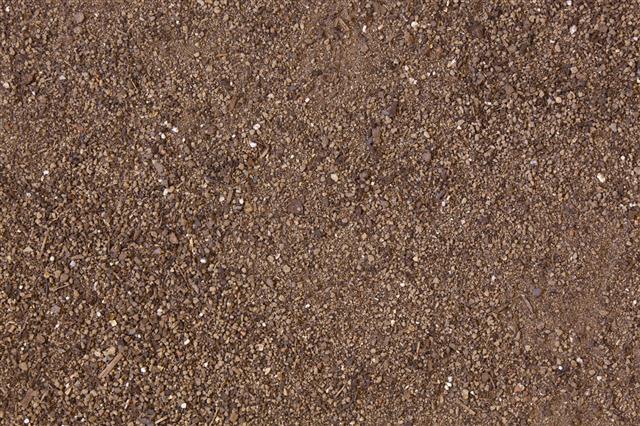
A basic idea about the causes and effects of land pollution will prove beneficial in understanding the solutions for this problem. Read on…
Land pollution, which is otherwise known as soil pollution, can be defined as the degradation of soil as well as land surfaces, due to various reasons. The most common cause of land pollution is solid waste that is dumped in large quantities. Others include the chemicals used for agriculture and industrial waste. Such pollution is a health hazard for both humans as well as other living beings on the Earth. In the long run, land pollution may disrupt the balance of Nature, thereby, causing natural calamities.
Some Land Pollution Facts
As aforementioned, land pollution is mainly caused by solid waste that is dumped on the Earth. There are various factors that are responsible for the ever-increasing amount of waste that has been accumulating on the land. This include the rise in population, rapid urbanization and industrialization. Even lack of awareness about land pollution causes and effects and neglecting pollution control norms are certain factors that contribute to this condition. It has been observed that waste disposal is not done properly. While some of the biodegradable wastes take long to decompose, the non-biodegradable ones, like plastic and electronic goods remain the same for years, posing a health threat.
Even the industrial waste with chemicals can cause degradation of the soil as well as water. This also applies to the fertilizers and pesticides used for agriculture. So, there are many different causes of land pollution. Apart from being a health concern, land pollution will also affect the flora and fauna detrimentally. While some of these waste materials (dumped on land) release harmful chemicals that can pollute the soil as well as groundwater. They may also hinder the process of groundwater accumulation. Eventually, it may also contribute to natural calamities.
Solutions for Land Pollution
Even a layman with a basic understanding about land pollution facts, will be able to come up with solutions for the same. Such solutions can be derived from the causes themselves. The following are some of the solutions for land pollution.
- As the most common cause for land pollution is waste disposal, most of the control measures are associated with that. Proper waste disposal is one of the golden rules for curbing land pollution. This is much more important in case of disposal of toxic waste products. Industries must follow the laws with regard to waste disposal.
- One of the major land pollution solutions is recycling. Apart from reducing the amount of waste products in the landfills, it also helps in curbing the dumping of non-biodegradable waste on the Earth. Recycling is also beneficial in lowering other forms of pollution, cost savings and savings of energy resources.
- You must also try to reuse materials, if possible. Reusing is always beneficial than buying new ones. For example, you may use plastic and cardboard containers for further use. Otherwise store them and sell them for recycling. You may also make some money by refraining from buying new products and also by selling the unwanted materials for recycling.
- So, each and every individual can contribute for this good cause, by taking efforts to curb land pollution. You may also reduce the use of non-biodegradable materials. For example, you may carry paper or cloth bags with you, so as to avoid taking a plastic carry bag from the shop. If you can, switch over to biodegradable materials. Use glass or metal products instead of plastic ones.
As land pollution is a problem that is detrimental to mankind as well as to nature as a whole, efforts to curb it must be taken by each and every individual. Authorities must take efforts to spread awareness about the causes and effects of land pollution. Even the industries must strictly follow the norms for waste product disposal. So, encourage recycling and reuse of non-biodegradable materials, avoid the use of harmful chemical pesticides as well as fertilizers and refrain from dumping toxic wastes on land. All these measures can contribute greatly for controlling land pollution.












